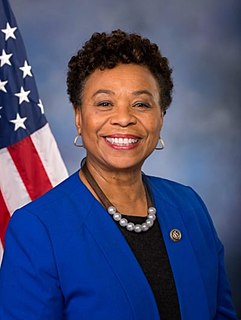A Quote by Learned Hand
It is still in the lap of the gods whether a society can succeed which is based on "civil liberties and human rights" conceived as I have tried to describe them; but of one thing at least we may be sure: the alternatives that have so far appeared have been immeasurably worse.
Related Quotes
Eventually [black men] are arrested, whether they've committed any serious crime or not, and branded criminals or felons for life. Upon release, they're ushered into a parallel social universe in which the civil and human rights supposedly won during the Civil Rights Movement no longer apply to them.
It is one thing for the human mind to extract from the phenomena of nature the laws which it has itself put into them; it may be a far harder thing to extract laws over which it has no control. It is even possible that laws which have not their origin in the mind may be irrational, and we can never succeed in formulating them.
Every government has signed up to a voluntary legal commitment under at least one of the international covenants and conventions based on the Universal Declaration of Human Rights. But who is holding them to account? Our mission is to make it known that these conventions are good tools for civil society to hold their local authority, their government and businesses accountable.
[T]here are, at bottom, basically two ways to order social affairs, Coercively, through the mechanisms of the state - what we can call political society. And voluntarily, through the private interaction of individuals and associations - what we can call civil society. ... In a civil society, you make the decision. In a political society, someone else does. ... Civil society is based on reason, eloquence, and persuasion, which is to say voluntarism. Political society, on the other hand, is based on force.
We physicians have focused on the nuclear threat as the singular issue of our era. We are not indifferent to other human rights and hard-won civil liberties. But first we must be able to bequeath to our children the most fundamental of all rights, which preconditions all others; the right to survival.
I think that there’s going to be a rush to judgment on civil liberties, and a clamping down, a suspension of our democratic rights. And I believe that those who are good Americans would want to see this not happen and that we debate how to find a balance between the public safety and the protection of civil liberties.
The Civil Rights Act of 1964 was the most sweeping civil rights legislation of its day, and included women's rights as part of its reforms. Ironically, the section on women's rights was added by a senator from Virginia who opposed the whole thing and was said to be sure that if he stuck something about womens' rights into it, it would never pass. The bill passed anyway, though, much to the chagrin of a certain wiener from Virginia.

































